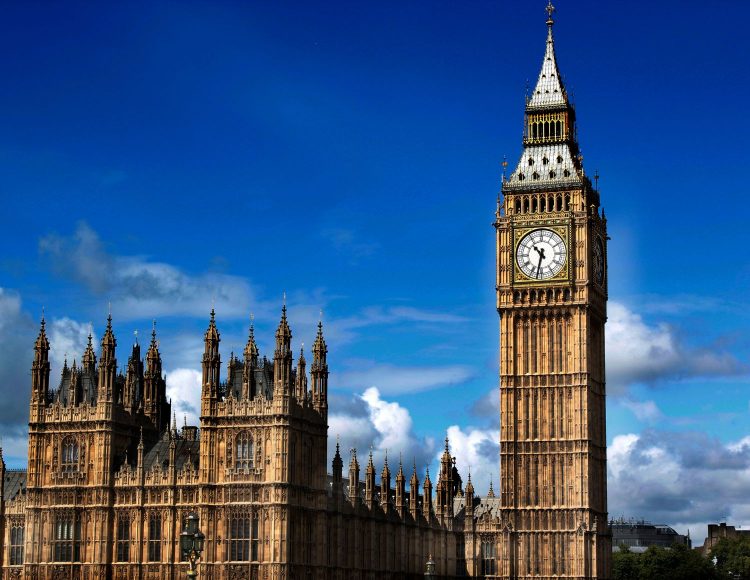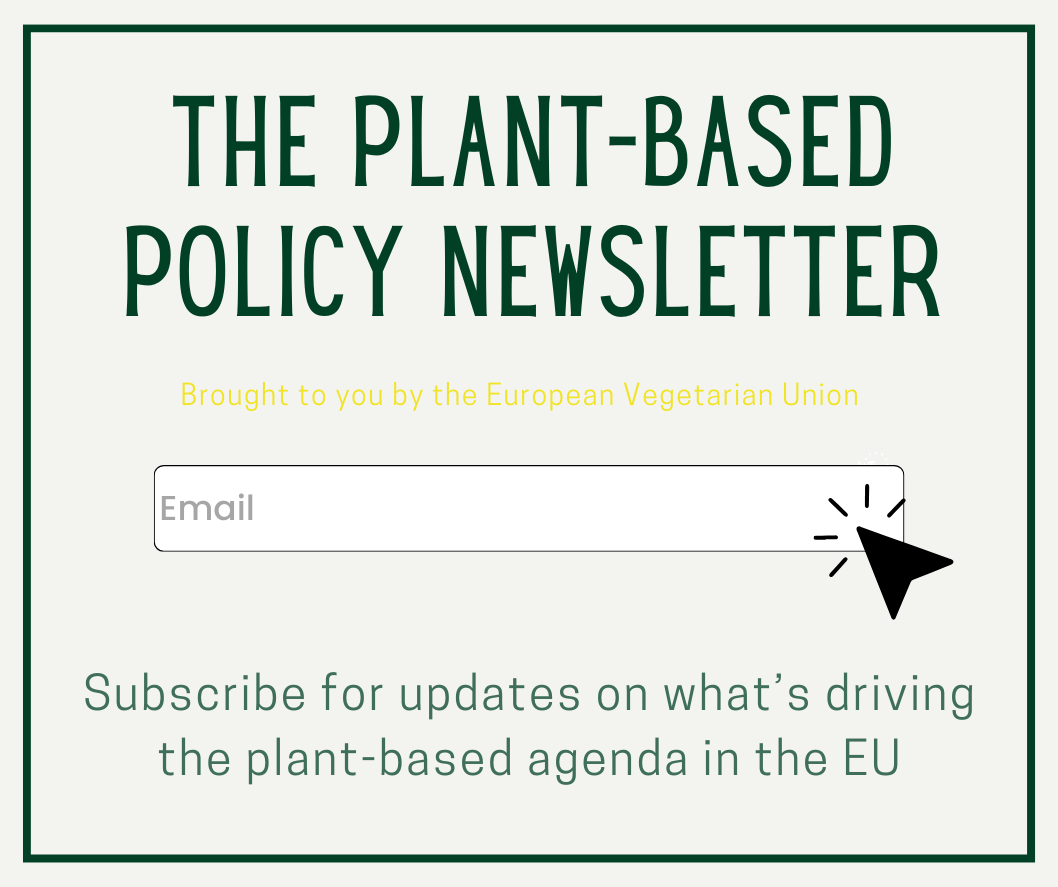Food Strategy Response
by Richard McIlwain
Thought for food…
The long-awaited Food Strategy White Paper has been published. Running to a mere 27 pages, it is hardly surprising it fails to ignite much by way of enthusiasm or plaudits. Henry Dimbleby must be wondering why he bothered with his mammoth (and well-received) two-part investigation into our broken food system, which was supposed to underpin the government’s strategy.
You should always be ready to be disappointed by government strategy. With so many competing lobby groups and voices to accommodate, compromise will always be the order of the day. But they really have knocked it out the park on this one. There is so little to welcome.
There is very little, if anything that is transformational here. A plethora of targets announced elsewhere, future initiatives, analysis of ‘what works’ when it comes to behaviour change and funding for ‘innovation’ ensure we are off ferreting around in the long grass before we have even got started.
Reducing desperately high rates of childhood obesity by 2030 is commendable, but there is little within the strategy that gives any confidence on how this might be achieved. Up to £5m for schools to teach children about cooking and healthy food works out at around £200 a school in order to deliver what the government describes as a school cookery revolution. I’m afraid the rhetoric and the numbers just don’t stack up.
The strategy is clear that ‘Excess weight and poor diet are drivers of other health conditions including cardiovascular disease, diabetes, 13 types of cancer and muscular conditions, and taken together cost the NHS £6.1 billion every year.’
And yet, despite this desperate litany of poor health, poor quality of life and soaring NHS healthcare bills, there is little by way of game-changing intervention. The strategy does acknowledge that voluntary measures from industry to reduce sugar in foods have produced ‘mixed results’. Perhaps most helpfully it does leave the door open for regulation, acknowledging the Soft Drinks Industry Levy and the resulting 44% reduction of sugar within in-scope drinks. I have argued previously that progressive and well-designed fiscal measures are perhaps the levers that can deliver transformative change in the shortest time. Think smoking-ban and single use carrier bag charge…
There is a paragraph on alternative proteins, rightly referencing the UK success story that is Quorn, and the opportunity to promote more alternative protein sources and encourage more bean and pulse growing in the UK. But a £120 million fund administered by UK Research & Innovation (UKRI) to support is not exactly game changing. It is not even clear if this is new money (I suspect not). For reference the UKRI’s recently agreed three-year funding budget for the range of work it seeks to cover is £25 billion…
And of course, there is no reference to a reduction in our consumption of meat, despite both the Henry Dimbleby report and the government’s own Climate Change Committee suggesting this is required. George Eustice does not want to ‘lecture’ the public over what to eat. Guess what? Neither do I…! The choice of language and framing is deliberate. Lecturing the public is not the same as providing information, encouragement and inspiration as means of reducing meat consumption.
A levy on meat and other carbon intensive products, and a reduction in the price of fruit, vegetables and plant proteins could be transformative. Great information and engaging campaigns for the public would help with the transition. We’d be healthier, NHS spending might come down, we’d be spending less on our food bills, we’d be reducing our carbon emissions. But the Defra Secretary of State, George Eustice, thinks that getting people to eat less meat – and I quote from his interview on this morning’s Today programme – is ‘a waste of time’. Instead, he suggests a technological solution would be better – developing a feed that stops cows emitting gas out their backsides. And that’s it. With no apparent awareness that you could, in fact, do both…
We are in the middle of a climate emergency. We need to reduce our greenhouse gas emissions by 50% by 2030. The lack of focus and commitment in this paper should be of concern to each and every one of us. One thing is for sure: this isn’t the end, it is just the beginning. A lot of work will be needed by campaigning organisations such as the Vegetarian Society, if we are to ‘encourage’ and ‘inspire’ (not lecture) government to be bolder in their thinking and their ambition.


